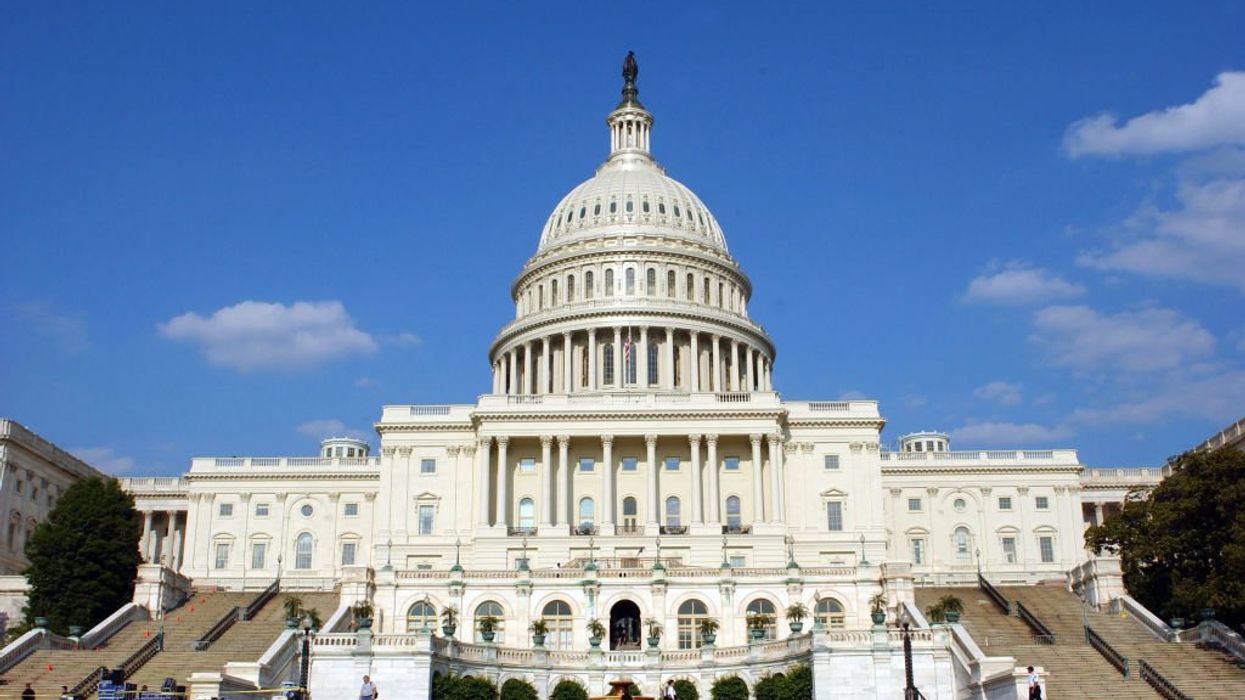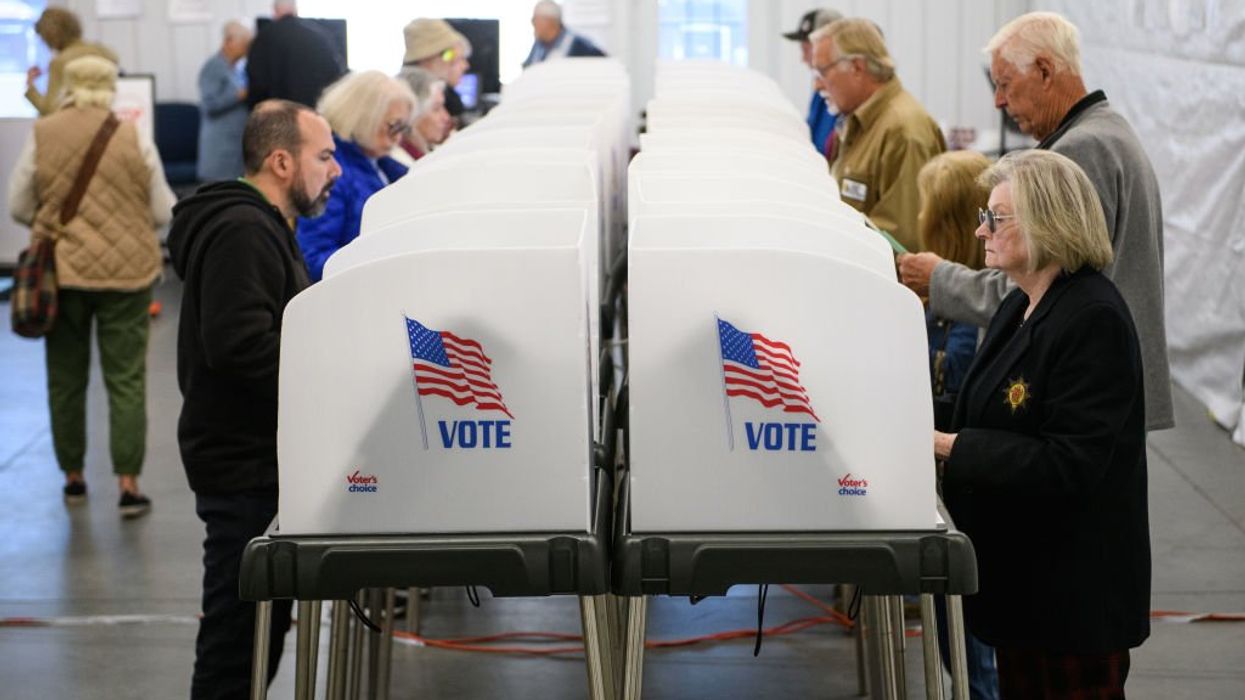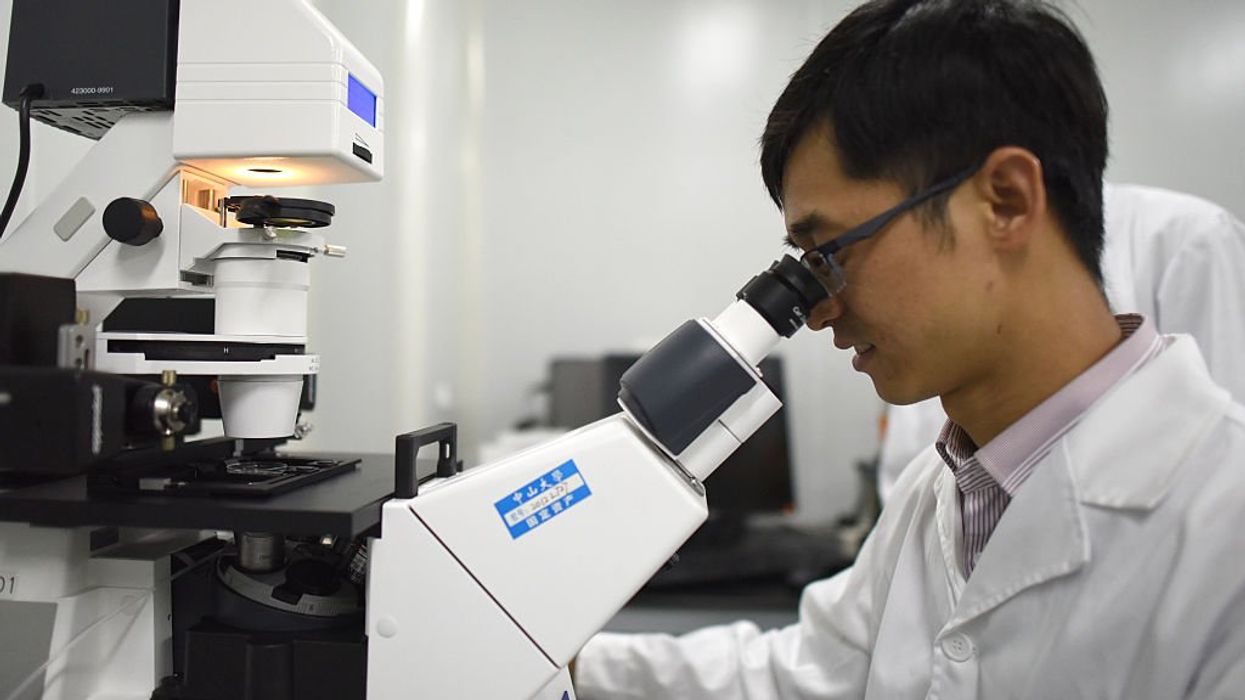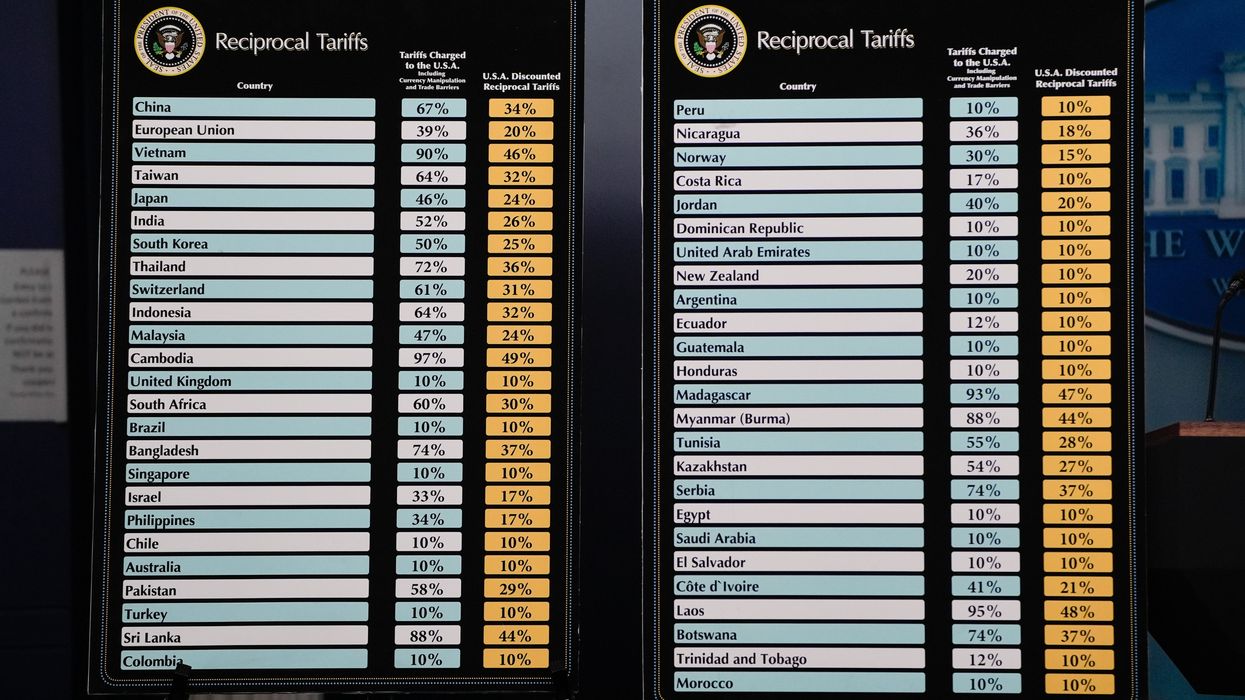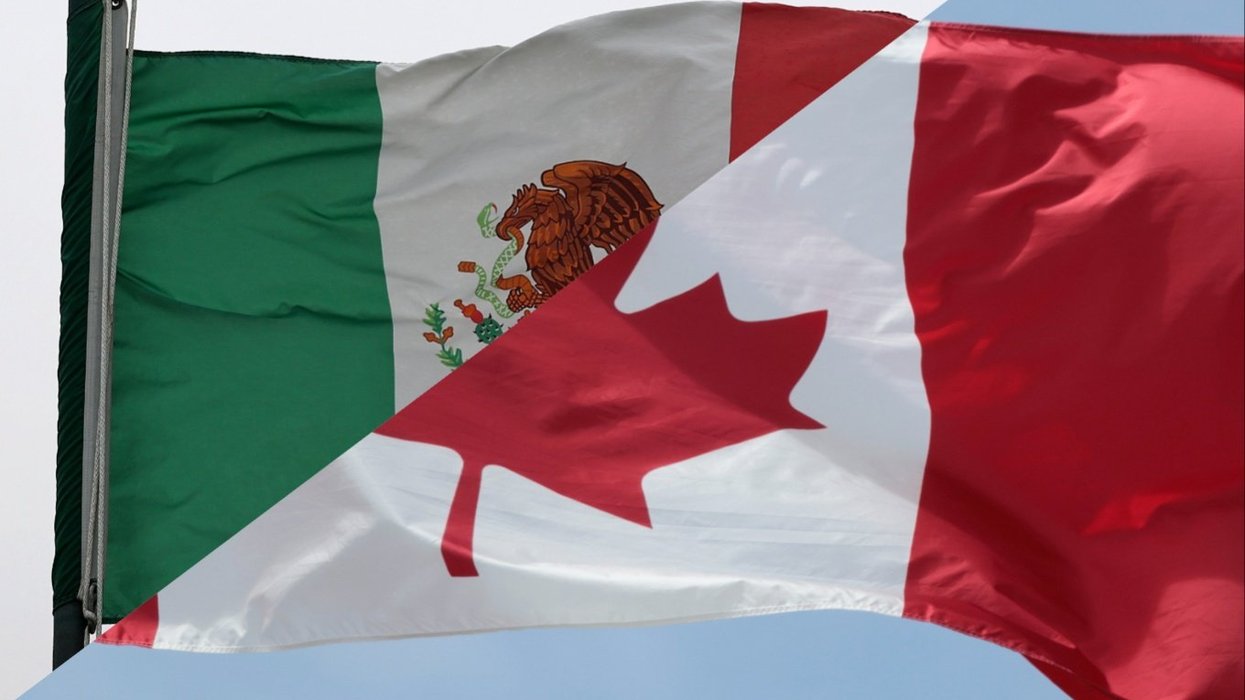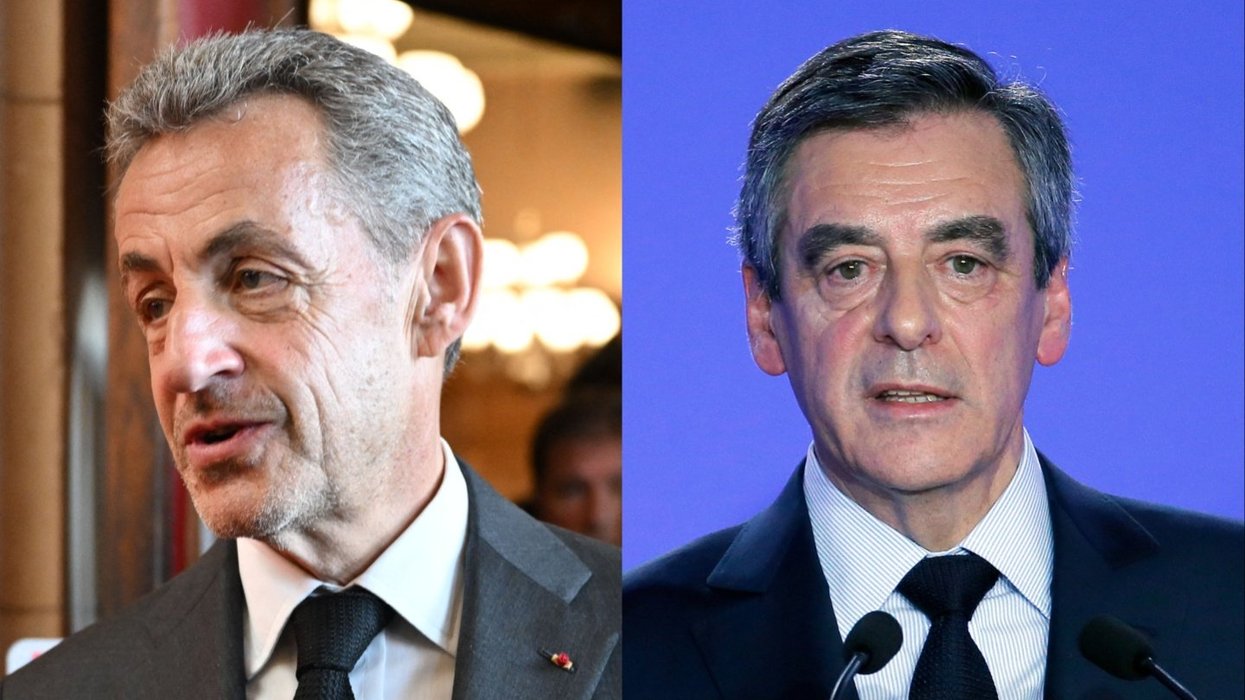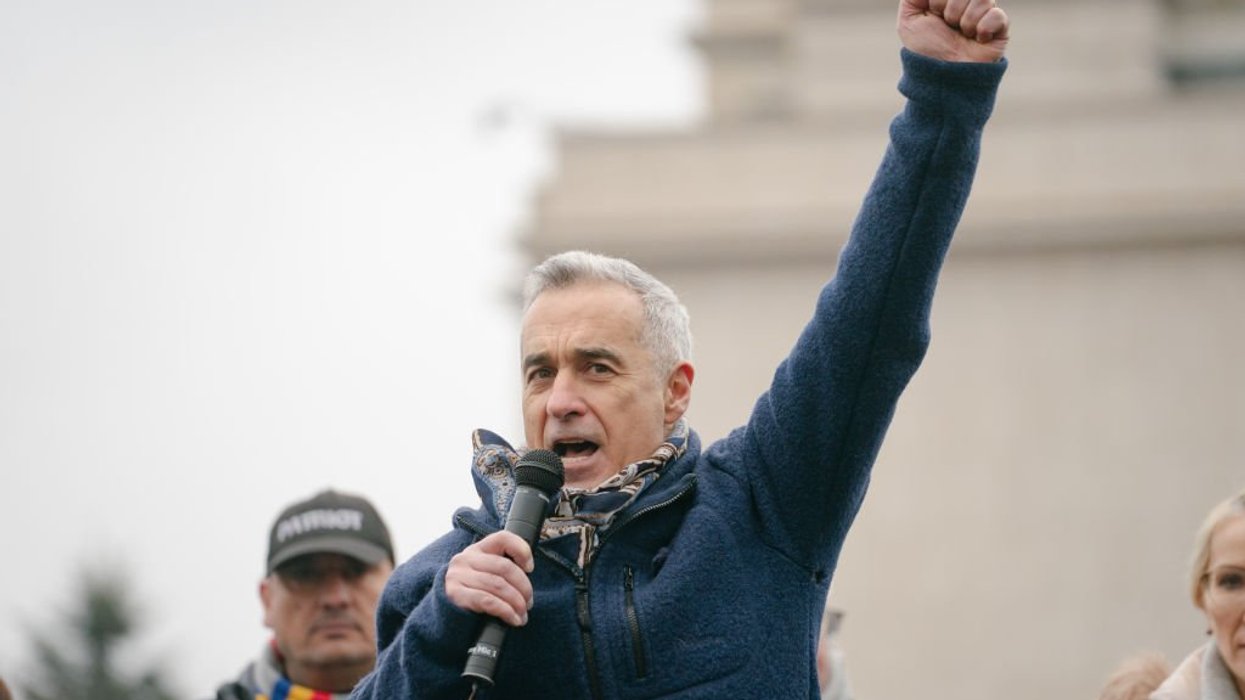This morning on radio, Glenn sat down with Joshua Parker, a young entrepreneur. During a local field trip in 2009 to a sugar house, Parker discovered the maple syrup process. At age 11, Parker started his first company, Parker Maple Farm. A business that is still a success today.
Now, Joshua Parker is 17-years-old, graduated from high school, and is gearing up to go to college in the fall. During Parker's conversation with Glenn this morning he wowed Glenn and most of us here with his honest, well-spoken answers. Glenn questioned how a public school in New York was able to turn out a capitalist. Parker's response was amazing, "I think the odds are porbably not in our favor. I think that society as a whole, when we live in a society that's more in favor of people who are just going to take what the government will give them and not-and not live by their own work and fortitude, it's difficult to-it's difficult expect the results that are still happening because the American dresm is not dead."
Hear more of this young man's great interview below, and if you would like to learn more about Parker Maple Farm or purchase some great maple syrup, click HERE.
Rough Transcript Below:
GLENN: What are the odds that a public school in New York turns out a capitalist?
JOSHUA: Well, I think the odds are probably not in our favor. I think that society as a whole, when we live in a society that's more in favor of people who are just going to take what the government will give them and not — and not live by their own work and fortitude, it's difficult to — it's difficult to expect the results that are still happening because the American dream is not dead. Even though we're taught in English class that the American dream is unattainable. That we read The Great Gatsby and we look at it as an unattainable goal. But there's still kids —
GLENN: I don't want to live like The Great Gatsby.
JOSHUA: Neither do I.
GLENN: That was a really bad — that's a sad, tragic, awful, hang-yourself-at-the-end kind of story.
JOSHUA: Yes.
GLENN: That's a, hey, can't obtain that. Good. Good.
JOSHUA: Yes. But the American dream is not dead. There are still kids out there.
PAT: You must have great parents.
JOSHUA: Yeah, the support I've had from my parents has been nothing short of amazing.
GLENN: You realize that, if not them, you certainly will be headed towards a reeducation camp at some point.
JOSHUA: I hope not. I hope not.
GLENN: Yeah. Well, hope is a step away from despair, isn't that right?
PAT: Yeah.
GLENN: So what do they do?
JOSHUA: My dad owns a company for park and line striping that stripes parking lots down the east coast. And then my mom is a guidance counselor at a public high school.
GLENN: Wow.
JOSHUA: It's — I think that I get the entrepreneurial spirit, if that's what you'd like to call it, from my dad.
GLENN: What do you call it?
JOSHUA: I would call it the entrepreneurial spirit. But it's just the willingness and ability to work for what you want. Have a vision and fulfill that vision. You — I just set goals and don't let myself fall short. And if I do, then the next goal has to be even higher and I have to work even harder for it. The maple season is not easy.
If you ask any maple producer, it's the most fun four to six weeks of the year. But it's the most — the most tiring. There's barely any sleep. There's I think three or four times a season where I went over 45 hours without sleep. Because I wake up in the morning. I go out. I get everything ready for the day. I go to school. Then I come home from school probably around 11:00. Because that's just the way it has to be.
GLENN: 11:00 p.m.?
JOSHUA: 11:00 a.m. Yes. I cut the door — I mean, the day in half. And I come home and I get everything ready in the woods. And get everything collected. And by the time I start boiling, it's usually 9 o'clock. I boil until 3:00 or 4:00 in the morning.
PAT: Jeez, really?
JOSHUA: And sometimes 5:00 or 6:00.
GLENN: You do it all yourself? Do you have any employees?
JOSHUA: I have a few part-time employees in the beginning of the season to help me get started. But anything more than that, I try to do by myself.
PAT: Well, you can't collect all 3500 —
JOSHUA: There's a tubing system in the woods. There's no buckets.
GLENN: Holy cow.
PAT: Of course there's no buckets.
GLENN: Now he's taking this cute little story, and now we find out it's big business.
PAT: It's big syrup business.
GLENN: Okay. Tell us about these tubes.
JOSHUA: Yeah. So the process of making maple syrup really exemplifies the beauty and complexity of nature. Because we're taking a sap from the trees, a small percentage —
GLENN: Taking. Go ahead. Keep saying it. Taking it. Stealing it. Ripping it right out of the —
JOSHUA: I think it's from God, so it might be okay.
GLENN: Ripping it right from the root system.
JOSHUA: We're taking a small percentage of the sap that the tree produces. Using it to — it's mineral rich. Full of — it only has 2 percent when it comes out of the tree. So it takes 40 gallons of sap to make 1 gallon of syrup. We take it. We collect it through a tubing system. It comes to one collection point. We bring it back to the sugar house. Run it though a reverse osmosis system.
GLENN: Pretend we don't know what a sugar house is.
JOSHUA: Okay. So a sugar house is a farmer's word for a factory. Right?
GLENN: Right. I know this. Don't talk down to me. I, of course, know what a sugar house is. I grew up in a sugar house.
JOSHUA: But it's — a lot of times, the wooden building that we bring the sap into — and that's where we convert the sap into syrup. And by sap, I mean maple water.
GLENN: Right.
JOSHUA: That's the same thing. They're synonyms. So we run the sap through the reverse osmosis system, which saves — cuts down on boiling time, boiling costs. And at Parker Maple Farm, we're boiling on the first wood pellet evaporator in New York State. So we're trying to save the earth. Right? Give back to the earth.

